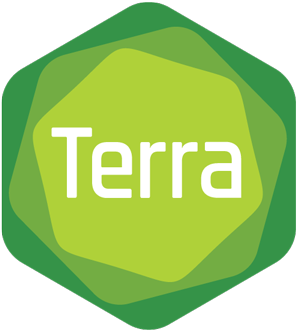Another great annual meeting of the American Society for Human Genetics (ASHG) concluded last week, and as always it’s been both thrilling and a little overwhelming to catch up on the latest work across the field.
One important thing to note is that this year the conference organizers decided to hold their traditional Interactive Workshops separately from the conference itself, in two sessions: one was held before the conference, in September, and the second is scheduled for January 2022.
Crucially, they’ve made these workshops independently ticketed events (with very low ticket prices), so unlike previous years, you don’t have to have registered for the full conference to be able to participate in the workshops. And of course thanks to the online nature of the delivery, the materials will remain available on demand for an extended period after the initial live session, so even if you can’t make the scheduled time, you can still work through it on your own time at a later date.
The content lined up for these workshops is very exciting, and I’m not just saying that because they include one about the BRAIN Initiative’s NeMO resources (which I just wrote about last week) in the September session, and two AnVIL-based workshops in the upcoming January session. The whole lineup is well worth your time, so please do check it out.
Regarding the AnVIL-based workshops specifically, we’ll share more details as we get closer to the events, but you can already save these dates:
Jan 19 – Structural variant discovery from long-read sequencing data on the cloud with Galaxy in Terra
Jan 26 – Reproducible Analysis of Human Pangenome Data using the AnVIL
As a teaser, I can already tell you that the structural variation workshop will be jointly organized and delivered by the AnVIL/Terra teams at Johns Hopkins University and the Broad Institute. The instructors will use live demonstrations and do-it-yourself exercises that will guide participants through an end-to-end structural variant identification journey using Galaxy in Terra.
And if you’d like to get a jump start on the action, check out this blog post to get started with Galaxy on Terra today!



